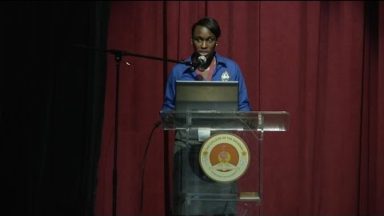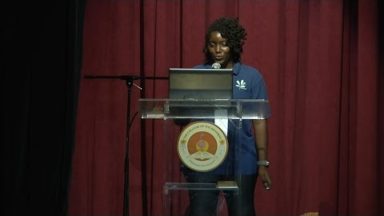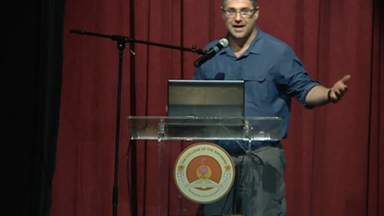Untold value of Bahamas reef communities: biodiversity and biomedical studies of sponges and octocorals
Presented by Shirley Pomponi
Shirley A. Pomponi, John K. Reed, Joshua D. Voss, and Amy E. Wright
Harbor Branch Oceanographic Institute has conducted numerous undersea research expeditions in The Bahamas over the past four decades using snorkeling, scuba and manned submersibles. Samples of sediment, sponges, gorgonians and other organisms were collected for biodiversity, biomedical and ecological research. Primary study sites were the western and southern margins of the Little Bahama Bank, the northern Grand Bahama Bank and the outer islands including San Salvador, Eleuthera, Cat, Acklins and Long Island. The majority of the samples are sponges and octocorals, which represent both the most abundant species in the habitats investigated and our sampling preferences over other common organisms such as echinoderms. Factors influencing observed biodiversity patterns include the geomorphology of the bank margins, hydrodynamics, sediment flux, light penetration and storm exposure. Among corals, diversity, abundance and distribution are further affected by disease outbreaks and thermal stress. Sponge- and octocoral-derived chemicals have been identified in our laboratories and may be useful in treating cancer, inflammation, bacterial infection and malaria. All samples were collected with permits identifying their evaluation for biomedical utility. The archived samples and data may be of value in evaluating patterns and changes in biodiversity over time, and genetic connectivity between The Bahamas and other regions of the wider Caribbean. The presentation will highlight our findings regarding distribution of organisms in The Bahamas and some of the chemicals and biological activities identified from the samples.







Recent Comments